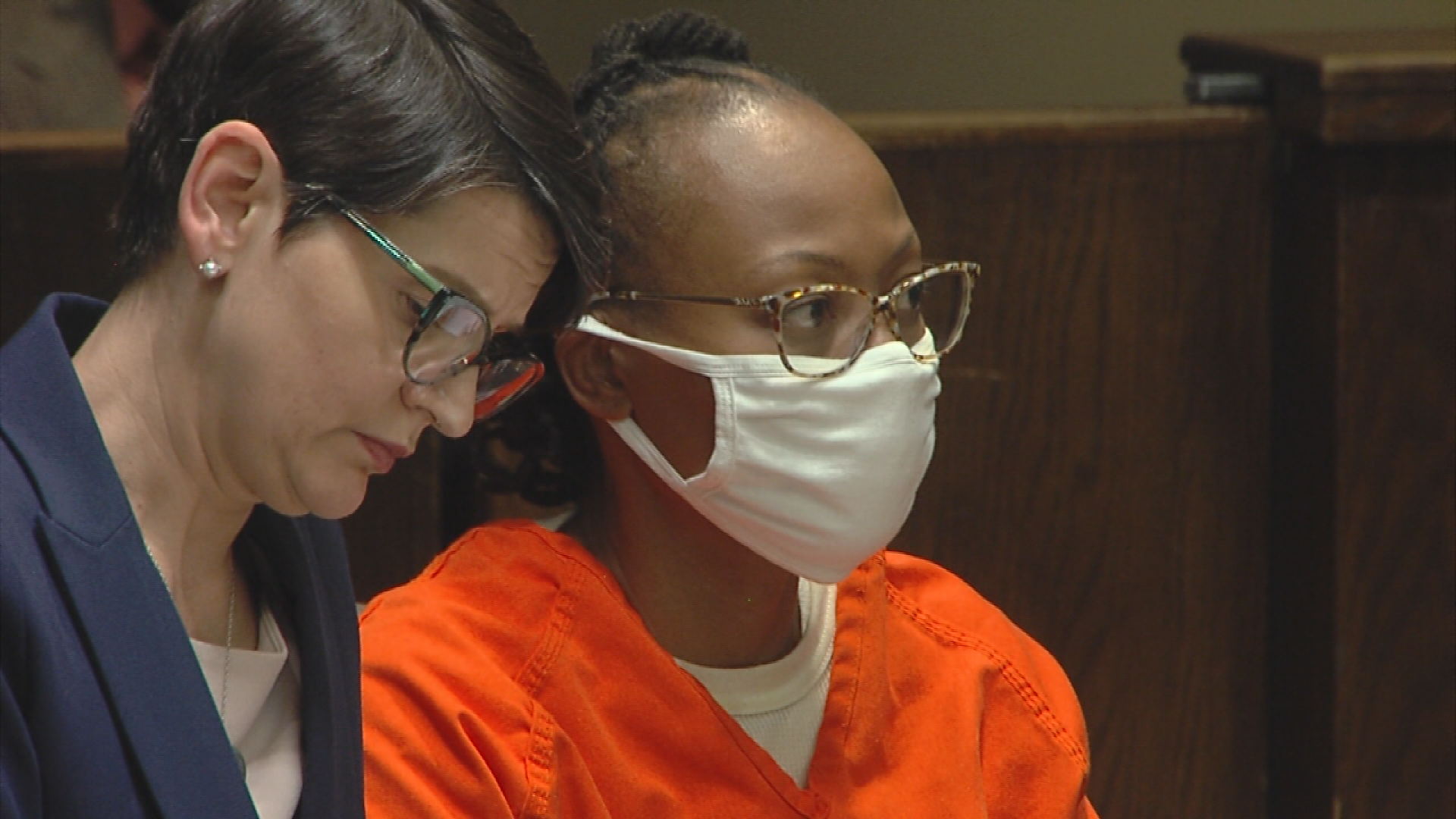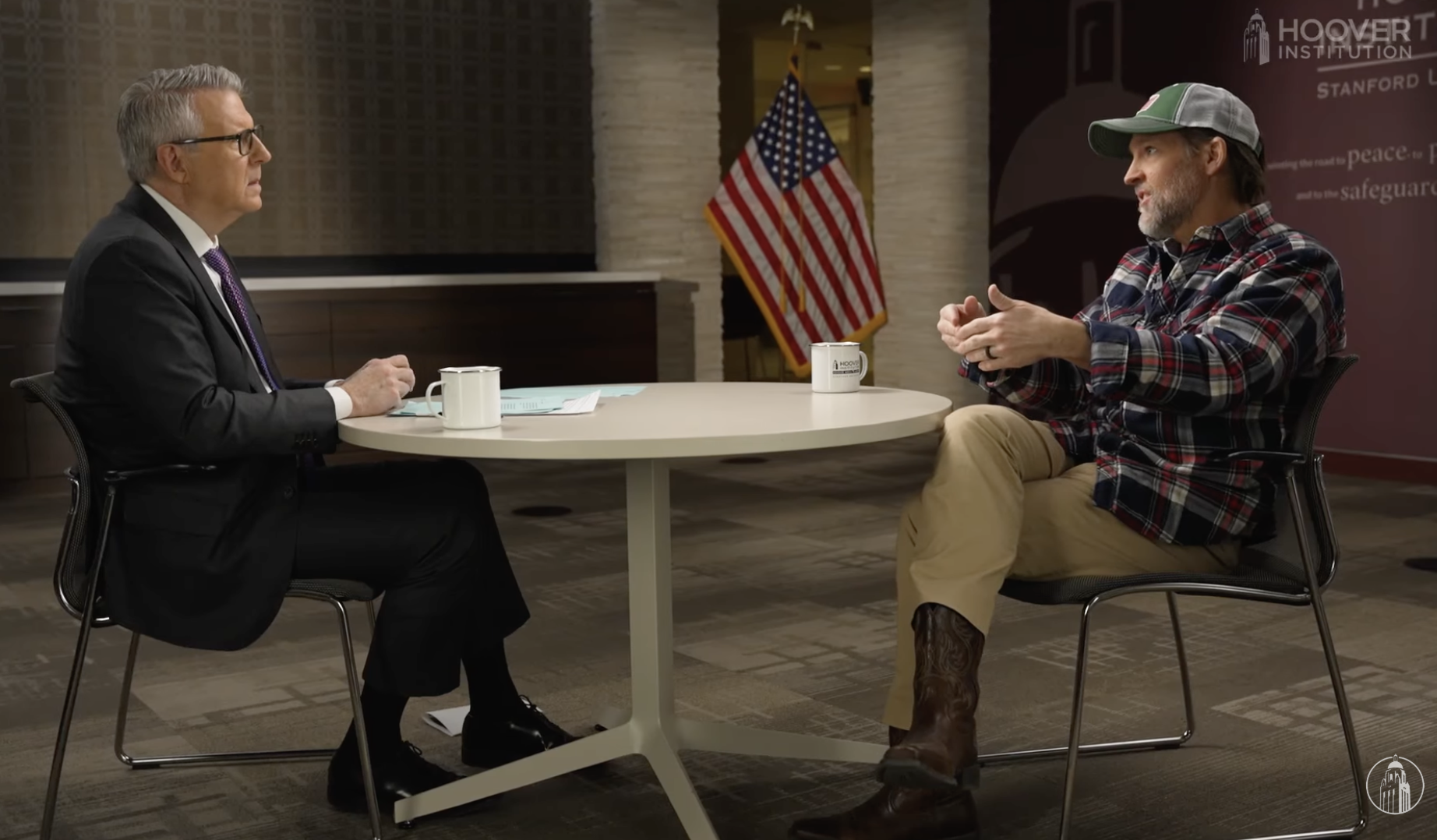UK Churches Step Up as Families Drown in Debt—85% Feel Isolated, 52% Fear Leaving Home

United Kingdom - Churches across the UK are increasingly being seen as places of "genuine hope and care" by struggling families amid a deepening debt crisis, according to Christians Against Poverty (CAP), a UK-based charity that released its latest client report highlighting the devastating impact of the ongoing cost-of-living crisis.
The report revealed that 85 percent of people seeking debt help feel isolated by their financial struggles, while 52 percent admitted they were afraid to even leave their homes. Additional findings showed 78 percent fear answering the phone, 82 percent are worried about opening the post, and 62 percent are frightened by a simple knock at the door.
The research also found that 12 percent of UK parents have skipped meals during the past year to feed their children, while 59 percent of clients have borrowed money to pay for their regular food shop.
Seventy-two percent of clients went without healthy food due to its higher cost, and 35 percent of parents or carers responsible for children under five are currently struggling to repay debt.
Additionally, 20 percent disclosed that childcare costs are preventing them from earning more from working.
According to the Joseph Rowntree Foundation's Poverty UK report released in January 2025, poverty is deepening and disproportionately affects families with children, minority ethnic groups, disabled people, and informal carers. A large-scale study revealed that the number of low-income households in arrears has tripled since the pandemic.

Low income and mental health struggles remain the two biggest reasons CAP clients find themselves in unmanageable debt, with the ongoing rise in cost of living continuing to pile unbearable pressure on families.
Stewart McCulloch, Chief Executive Officer of Christians Against Poverty, stated: "The statistics paint a troubling picture. The report reveals a crisis of isolation and fear. Poverty takes more than possessions; it attempts to steal life itself."
Through dedicated local church partners across the UK, CAP responded to over 15,000 calls to its helpline last year and provided specialist debt help for over 8,000 individuals. More than 2,000 people reached the milestone of becoming debt-free, and thousands more received face-to-face help.
Churches partner with CAP to provide free, expert debt counseling, budgeting advice, job clubs, life skills courses, and advocacy. The assistance includes help with all types of debt—credit cards, payday loans, mortgages, automobile loans, and general money management. Services are free and provided by approved counselors, with no commission charged.
Several specific examples demonstrate churches' response:
Pattern Church in Swindon partnered with Crosslight Advice to launch Crosslight Swindon in March, providing free face-to-face debt advice. Since launch, Crosslight Swindon has achieved a financial gain for clients of £413,514 through debt being written off, reduced, or resolved through insolvency.
St Nicholas Bristol runs CAP Money and Life Skills, an eight-week course equipping people to budget, save money, eat well, and manage everyday challenges. The church also partners with Resurgo to run the Re-Work employment course, helping individuals re-enter employment after unemployment or redundancy.

According to UK Parliament records, approximately 2.6 million people in the UK sought help from churches during the cost-of-living crisis, the majority for food but a significant number to access warm spaces. Before the pandemic, churches coordinated around 35,000 social action projects, including 8,000 food banks, 4,000 parent and toddler groups, 2,600 breakfast clubs, and 2,400 night shelters for homeless people.
Acts 435, an online giving platform working through local churches and charities, enables donors to provide specific items for those struggling to meet basic needs, such as bus fare, a bed, or electricity for their meter.
The Trussell Trust supports a network of food banks, often in connection with local churches, providing emergency food and support to people in poverty. Safe Families links children, young people, and families with local volunteers who can offer vital help and support, working primarily in partnership with local churches.

THE CRUSADERS OPINION
Eighty-five percent of people in debt feel isolated. Half are afraid to leave their homes. Parents skip meals so children can eat. Families borrow money for groceries. And churches are stepping up while government fails.
This is what the UK's cost-of-living crisis looks like up close. Not statistics. Real families terrified of answering phones, opening mail, or hearing knocks at the door because every contact might be another creditor demanding payment they can't make.
Christians Against Poverty helped 8,000 people last year through church partnerships. Over 2,000 became debt-free. Churches provided 8,000 food banks, 2,600 breakfast clubs, 2,400 homeless shelters. Over 2.6 million people sought church help during the crisis. That's the Church being the Church.
While politicians debate policy, churches feed hungry children. While economists analyze data, churches counsel desperate families. While government programs fail, churches provide hope.
Pattern Church in Swindon got £413,000 in debt written off for struggling families. St Nicholas Bristol teaches budgeting and job skills. Hundreds of churches across the UK offer free debt counseling, food, warm spaces, employment help. No commission. No judgment. Just Christ's love in action.
This exposes government failure. Families shouldn't need churches to survive basic cost-of-living. Parents shouldn't skip meals to feed children in one of the world's wealthiest nations. But government safety nets fail, so churches catch people falling through cracks.
The Church always does this. When Rome fell, monasteries preserved civilization. When plagues hit, Christians cared for sick. When poverty strikes, churches feed hungry. Government promises help. Churches deliver it.
But here's what secular Britain misses: these aren't just social programs. Churches don't just give money and move on. They offer relationship, community, dignity, hope. They address spiritual poverty alongside financial poverty. They see people made in God's image, not statistics needing management.
Stewart McCulloch got it right: "Poverty attempts to steal life itself." Churches restore life by pointing to Life Himself—Jesus Christ who came that we might have life abundantly.
TAKE ACTION: SUPPORT CHURCHES FIGHTING UK POVERTY
Christians Against Poverty (CAP): https://capuk.org
Acts 435: Support their platform connecting donors with families in need
Trussell Trust: Support food bank networks partnering with churches
Your local church: Ask how they're responding to the debt crisis and how you can help
Donate: Give to church-based programs providing debt counseling, food banks, and emergency assistance
Volunteer: Offer your time at church programs helping families in financial crisis
Pray: For families drowning in debt, churches serving them, and government leaders to address root causes of poverty





